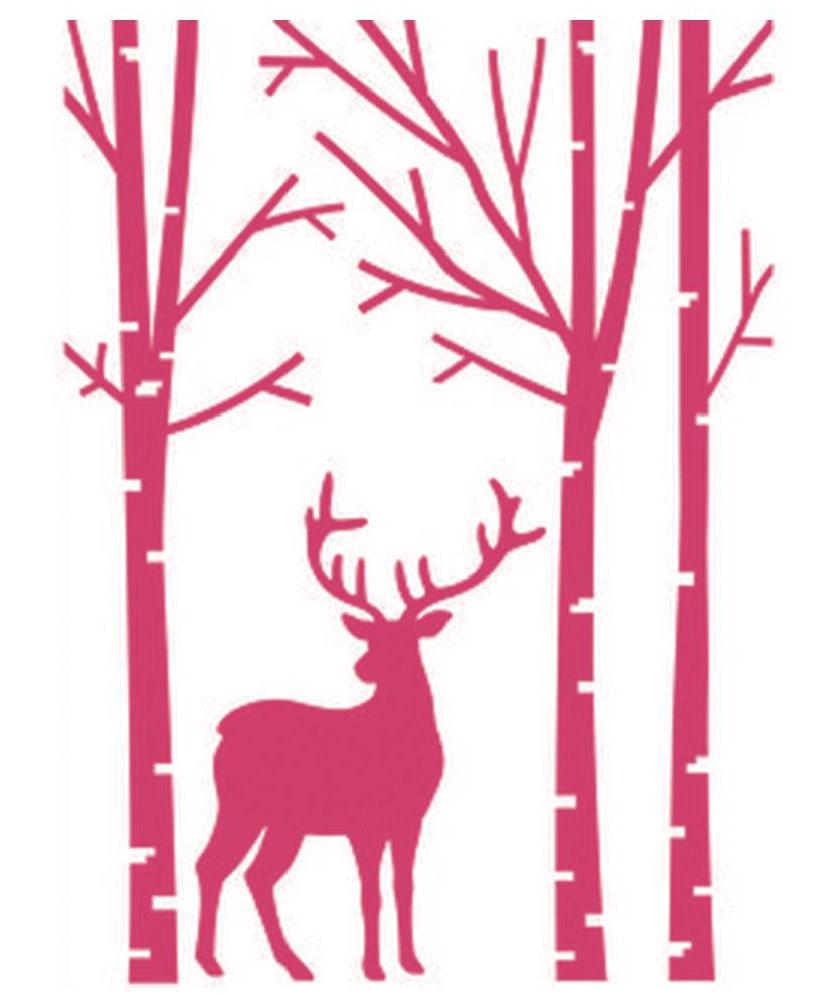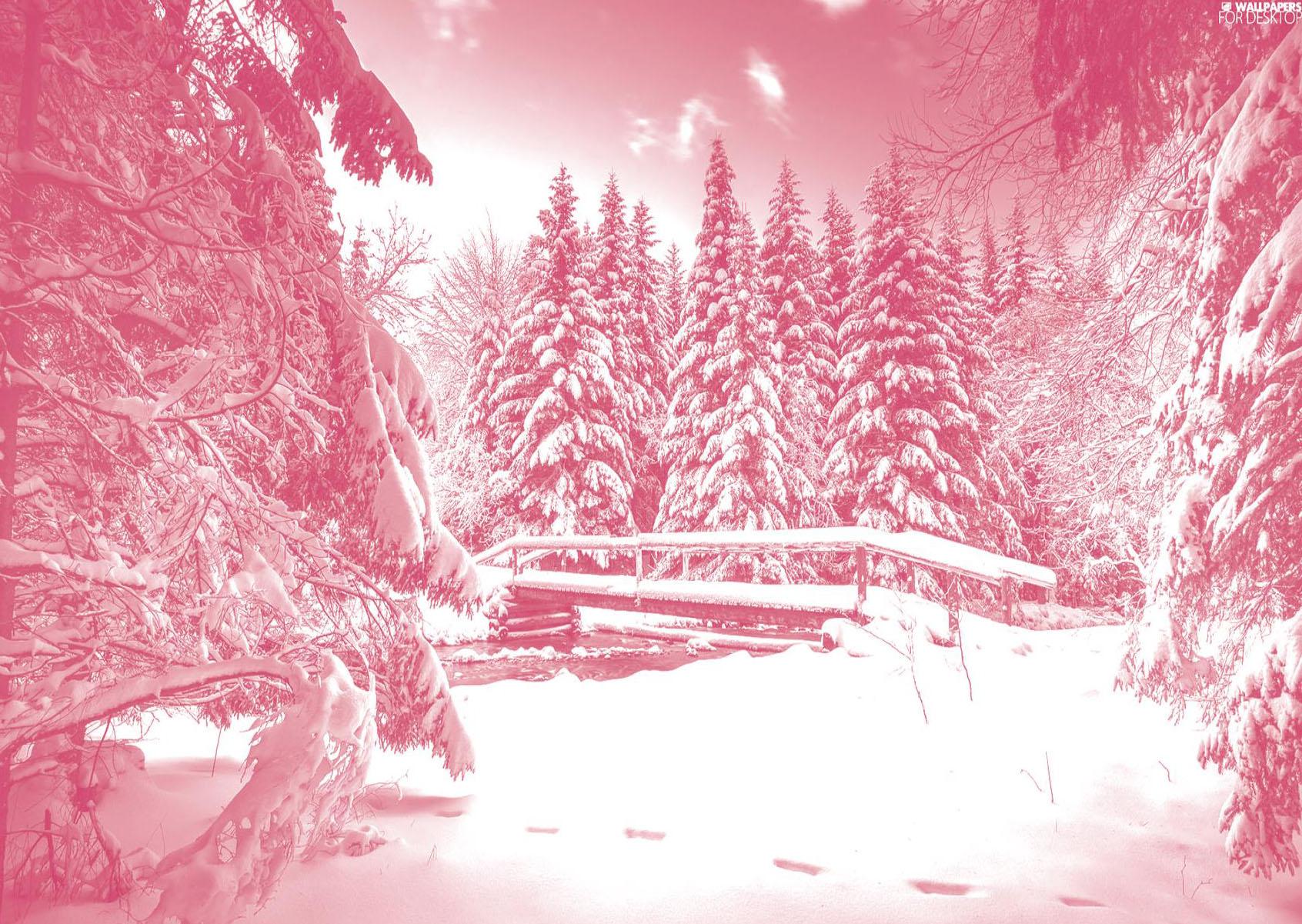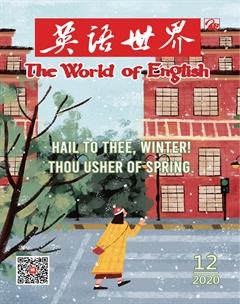乡间雪景
V. S.奈保尔


【導读】 V. S. 奈保尔(1932 —2018),印度裔英国作家,曾获布克奖、毛姆奖、英国大卫·柯恩文学奖等奖项,并于 2001年获得诺贝尔文学奖。奈保尔曾在世界各地广泛游历,创作了大量以亚、非、拉等第三世界为题材的小说与游记。
本文节选自奈保尔的小说《抵达之谜》(The Enigma of Arrival,1987)第一章“杰克的花园”(Jacks Garden)。该小说以倒叙的手法再现了奈保尔在英国的乡村庄园以及旅行中对自我和世界的审视。小说字里行间彰显了作者对景与物的敏锐洞察力,满含他对英国乡村庄园的人与景的怀念。在作者的回忆中,他的故乡特立尼达与英国乡村的四季交替出现,展现了他作为异乡人的孤独。
There was a blizzard1 on Christmas day, with the wind blowing from the northwest. I found, when I went out in the early afternoon, that the snow had been blown into a drift in the windbreak2. A bank of snow, then, beside the lane; and in the lee of every tree trunk, every sturdy twig, every obstacle, there was a sharp ridge that indicated the direction of the wind.
The shape and texture of this snow drift reminded me of a climate quite different: of a Trinidad beach where shallow streams—fresh water mingled with salt, salt predominating or lessening according to the tides—ran from tropical woodland to the sea. These streams rose and subsided with the tide. Water flowed now from the sea to the pools of the woodland river, now in the other direction. At every low tide the streams cut fresh channels in the freshly laid sand, created fresh sand cliffs, which then, when the tide began to rise again, fell neatly, segment by clean segment, into the rippled current: a geography lesson in miniature. To me as a child these streams always brought to mind the beginning of the world, the world before men, before the settlement. (Romance and ignorance: for though there were no longer aboriginal people on the island, they had been there for millennia.)
So the texture and shapes and patterns of the snow here on the down in the windbreak and in its lee created, in small, the geography of great countries.
...…
Beyond the brow of the hill the wind was keen; shelter was no longer provided by the hill or the windbreak. A livid3 gray sky, a gray but warm dirtiness, hung over the great plain, where the barrows were like pimples4: the stone circles lost in the snow, blurring the view at the edges, no sight of the colored artillery5 targets. At the bottom of the hill, among the farm buildings (made monumental by the snowfall), was the dead cottage of Jack: snow lying on the ground about it (the droveway there normally so muddy and black) like a great clean thing, like a remaking of the world.
The snow made for hard walking. But weather like this in this usually mild valley revived in me a wish for extremes, though it was the cold and the damp and the wet that had carried away Jack. His damaged lungs, in that damp valley bottom, had denied him warmth even in the summer. (Something else, of course, if there had been no cold or damp, would have carried him away.)
On my early walks, after having my fill of the Henge and the barrows, I had looked for hares on one slope. Then, on another hill, at another season I had looked for larks, trying to keep them in sight as they rose and rose, lift upon lift, and watching for them as they dropped down. Now I looked for deer. A family of three had appeared in the valley, coming from no one knew where, and surviving in our well-tilled, well-grazed valley, dangerous over large tracts with military gunfire, crossed at many places by busy highways, surviving among us no one knew how.
They, the deer, had their run too. And it was in the hope of seeing them—in addition to my excitement at the snow and the wind—that I tramped round the farm buildings and up the droveway to the point from which there was a view of the wood and the untilled open slope where the deer sometimes grazed. And unbelievably—my Christmas reward!—they were there, in the snow. Usually, against the wood, the deer were hard to see; lower down, against the chalky green and brown of the bare slope, they were reddish brown, warm, but they had to be looked for. Now (like the rabbits of my very first week, coming out to feed on the lawn in front of my cottage) the deer were dirty-looking, gray, dark against the snow, easy marks for anyone who wished to knock them off.
I longed for those deer to survive. And they did. Towards the end of the winter I discovered one in the wilderness at the back of my cottage, in the marshland beside the river. He was a young deer and I caught sight of him one morning, all eyes, among the beaten-down brown reeds. And there for many mornings in succession I saw him. I stood on the rotting bridge over the black creek and looked. The secret, then, to see him, to keep him where he was, was to hold his eyes and to be still oneself. As long as you looked, he looked; as soon as you moved or made a gesture he was away, running at first through the reeds and tall grass and then giving the lovely leap that could take him clear over fences and hedges.
The spring came. The new surface of the lane up the hill held. The new life of the farm continued.
圣诞节那天,暴风雪从天而降,西北风也呼啸而来。下午早些时候出去时,我发现防风林里已经堆起厚厚的积雪。小路旁已经积满了一排雪;每一根树干、每一根结实的树枝、每一个障碍物的背风处,积雪都形成清晰的边界,显示出风向。
这雪堆的形状和质感让我想起了一种截然不同的气候:在特立尼达岛的海滩上,浅滩溪流从热带森林流向了海洋,淡水混合着盐分,潮水的涨落决定盐分的多少。溪流随潮汐涨落。水时而从海里流向林地的河塘,时而反向流动。每到退潮的时候,溪流就在刚刚沉积的沙地上开辟出新的水道,形成新的沙崖,当潮水再次上涨时,这些沙崖就整齐利落地垮下去,一段段落入滚滚涌流中:这是一堂小型地理课。孩提时,这些溪流总让我想起洪荒时代,那个人类尚未出现、拓荒尚未开始的世界。(这是浪漫而无知的想法:虽然岛上不再有土著居民,但他們曾经在这里生活了数千年。)
因而,在下面的防风林及其背风处,雪的质感、形状和图案构造了这辽阔乡土的微观地貌。
……
山脊的另一边,寒风凛冽;小山或防风林已不能再提供庇护。青灰色的天空灰蒙蒙的,一片污浊,却又显暖意,就这样笼罩着大平原,平原上的一座座古坟就像人脸上凸起的一个个粉刺:巨石阵消失在雪地里,四面八方的景致模糊了,彩色的火炮靶子也无迹可循了。山脚下,杰克那間死气沉沉的农舍就在那些农场建筑中间(大雪的覆盖使它们看起来更显宏伟):雪覆盖了房子周围的地面(那里的车道通常泥泞污黑),使农舍看起来干净极了,就像重塑了一个世界。
积雪使行走变得艰难。不过,在这个气候一向温和的山谷里,这样的天气倒让我重新渴望起极端天气的出现,尽管正是寒冷、潮湿和阴雨天带走了杰克。在潮湿的谷底,即使夏天,他那受损伤的肺也让他无法感受到温暖。(当然,即便没有寒冷或潮湿,也还会有别的东西把他带走。)
以前散步的时候,看够了巨石阵和坟堆之后,我会在一个山坡上寻找野兔。然后,在另一个季节,我会在另一座山上寻找云雀,在它们攀升高飞时用目光追随,在它们转而下落时也密切注视。现在,我寻找鹿。山谷里出现了鹿的踪迹,还是一个三口之家,它们不知从何而来,在我们这个精耕细作、适宜放牧的山谷里生存下来。这里的大片土地都属于军队炮火覆盖的危险地带,很多地方有繁忙的公路穿过,谁也不知道它们是如何在我们当中活下来的。
那些鹿,它们也有自己的活动场地。抱着看到它们的希望,加上这风雪带给我的兴奋劲儿,我艰难绕过农场的各栋建筑,沿着车道往上走,一直走到能看见树林和斜坡的地方。那块斜坡尚未开垦,十分开阔,鹿有时会在那里吃草。真令人难以置信——我的圣诞礼物!——它们就在那儿,在雪中。通常,在树林的掩映下,鹿很难被发现;下方,在光秃山坡那灰绿和褐色的映衬下,它们的红棕色看起来暖暖的,但还是要找一找才能发现它们。在雪的映衬下,眼前的鹿(就像我第一个星期看到的那些兔子,它们从我小屋前的草地中钻出来吃草)显得脏兮兮的,灰灰黑黑,对任何想干掉它们的人来说,这靶子都太明显了。
我盼望那些鹿能活下来。它们真的活下来了。冬天快结束的时候,我在小屋后面的荒地里发现了一头鹿,它就在河边的沼泽地里。那是一头小公鹿,一天早晨,我突然看到了它,就在那片被风吹弯了腰的棕色芦苇丛中,正目不转睛地盯着我。一连好几个早晨我都看见了它。我站在那座有些腐朽的桥上望着它,桥下是暗黑的小溪。知道吗,要想看到它并让它原地不动,秘诀就是锁定它的目光,自己保持不动。只要你看它,它就会看你;只要你一动,或者打个手势,它就跑开了,先是飞奔着穿过芦苇和蒿草,然后可爱地纵身一跃,就能干净利索地跳过围栏和篱笆。
春天来了。上山那条小路的新路面依然如故。农场的新生活还在继续。
(译者单位:北京语言大学)

